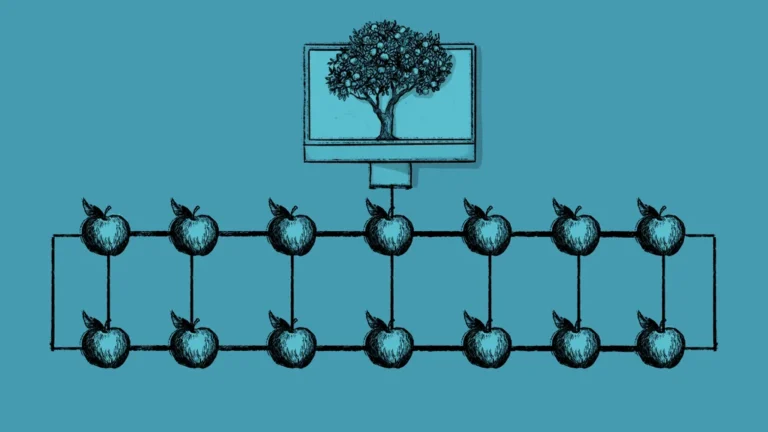5 Must-Have Clauses In Your Master Service Agreement
As boring and complex as contracts can be, they are also the foundation of healthy, long-term relationships with customers. By clearly defining expectations and responsibilities, both parties agree on an acceptable level of risk, which helps prevent conflicts down the road. However, not all agreements are as useful as they could be. In this article, we’ll explore customer contracts and ways to enhance them.
Master Service Agreement vs. Service Level Agreement
As a managed service provider (MSP), you are probably quite familiar with Service Level Agreements (SLAs). These contracts set forth the particular requirements of a service being provided, as well as what the customer is expected to do. The common features of an SLA include:
- Business objectives and a detailed description of services being provided
- Expected performance levels
- How performance will be monitored and reported
- What to do if performance expectations are not met
- Timeframe for issue resolution
- Legal remedies for unresolved issues such as cancelation of service, refunds, etc.
Whereas an SLA defines the contractual terms around a particular service, a Master Service Agreement (MSA) provides the core legal provisions for a long-term customer relationship.
The MSA is the backbone for current and future transactions. It either stays in effect indefinitely or is easily repeatable. Because of its technicality and longevity, it is expected to reduce or eliminate the need to continually negotiate basic, overarching terms. Common features of an MSA include:
- Terms of the agreement
- Payment terms and deadlines
- Insurance
- Taxes
- Limitations of liabilities
- Confidentiality
- Warranties
For MSPs, it is common practice to tuck SLAs into a larger MSA in order to accomplish both long-term and short-term objectives.
Making the Most of Your MSA
When creating or updating your MSA, you have an opportunity to provide clauses that will help you sustain revenue, increase the value of your business, and decrease the stress associated with ongoing customer negotiations. Here are a few things to consider.
- Clearly state a specific annual price increase. You may think this approach is too strong and prefer a general clause stating that you “reserve the right to raise rates.” Unfortunately, if you fail to provide a clear price increase schedule, you will end up negotiating whenever you raise rates, making your business vulnerable to lower-priced competitors. To combat this, many MSPs keep their rates the same year over year, missing out on the potential to increase revenue. The best approach is to define an annual increase of 3-5 percent so that you and your customer know exactly what to expect.
- Require your client to have cyber insurance. Insurance prices are rising for MSPs. To better manage the costs associated with risk, it is a good idea to require your clients to carry cyber insurance with your MSP named as an additional insured. Ransomware attacks are extremely common, so don’t leave your business open to carrying the weight of this burden alone.
- Require a standard tech stack. To create efficiencies within your MSP, it makes sense to implement a standardized tech stack. If you encounter a prospect that currently uses outlier technology, ensure your MSA makes clear that they are expected to transition within a certain timeframe and the consequences of not doing so. Failing to standardize your tech stack can lead to challenges. For example, you could end up wasting time and energy keeping outdated machines alive.
- Require all client devices to remain under warranty. Every device you support should be under warranty. Unfortunately, this can become tricky when warranties expire and customers fail to renew them. To ensure devices remain warrantied, put explicit language in your MSA stating that you, the MSP, will automatically renew warranties without needing permission from the customer and that they will be invoiced for the cost of renewals. You must also be authorized to call in warranties should issues arise. Without this clause, you will be stuck chasing your customers around to ensure warranties remain intact.
- Plan to reinforce your value quarterly. Remember, your MSA will be reviewed by stakeholders and should give a clear overview of your value proposition. To reinforce it, you can require Quarterly Business Reviews (QBRs) with C-Level attendance as part of your MSA. This provides the customer with an opportunity to “inspect what they expect.” Offering this level of accountability lends credibility to your business and encourages customers to give you a “seat at the table.”
Through customer contracts, you lay the groundwork for short-term projects and long-term partnerships. If you haven’t taken a close look at your client agreement lately, now’s the time. Even minor changes can lead to better, more profitable relationships.






